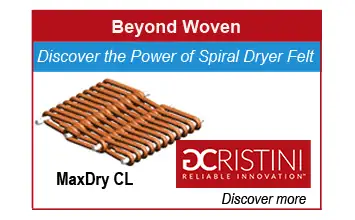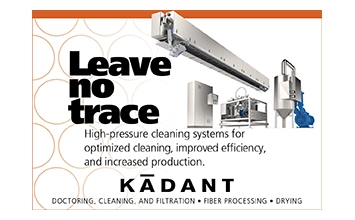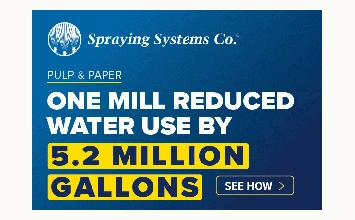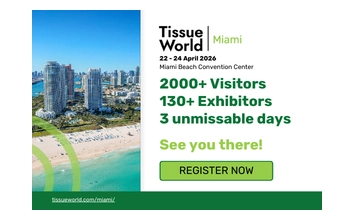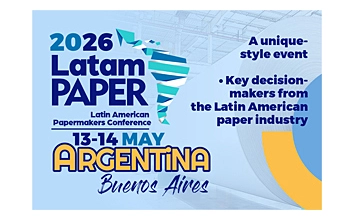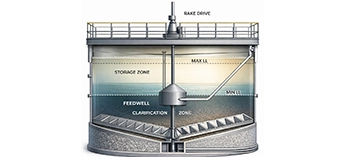Maine is advancing sustainable packaging through a draft rule from its Department of Environmental Protection (DEP) that designates uncoated molded fiber packaging as recyclable and compostable under specific ASTM standards.
This designation appears within the DEP’s proposed Appendix A of the Stewardship Program for Packaging (06-096 C.M.R. Ch 428, 2024), where molded fiber packaging qualifies as recyclable and compostable if it meets ASTM D6400, D6868, or D8410 certification requirements. The draft brings clarity to manufacturers, brand owners, and recycling programs, positioning molded fiber as a renewable, scalable alternative to plastic packaging materials.
Maine holds a historic connection to molded fiber innovation dating back to 1901, when inventor M.L. Keyes filed the first U.S. patent for molded fiber machinery. The Waterville factory, established in 1908 and now part of Huhtamaki—home of the Chinet® molded-fiber line—continues this legacy today.
Gary Visser, Executive Chairman of the International Molded Fiber Association (IMFA), hailed the Maine initiative as a pivotal advancement for the industry. He emphasized the importance of regulatory certainty to accelerate adoption nationwide, highlighting molded fiber’s qualities as recyclable, compostable, and renewable.
This draft rule positions Maine as a vanguard in circular packaging policy, providing a model as more states develop extended producer responsibility (EPR) programs aimed at waste reduction and resource recovery.
IMFA continues to work with policymakers and industry partners to advance clear, science-based standards that strengthen molded fiber’s role in a circular economy and support long-term environmental goals.







